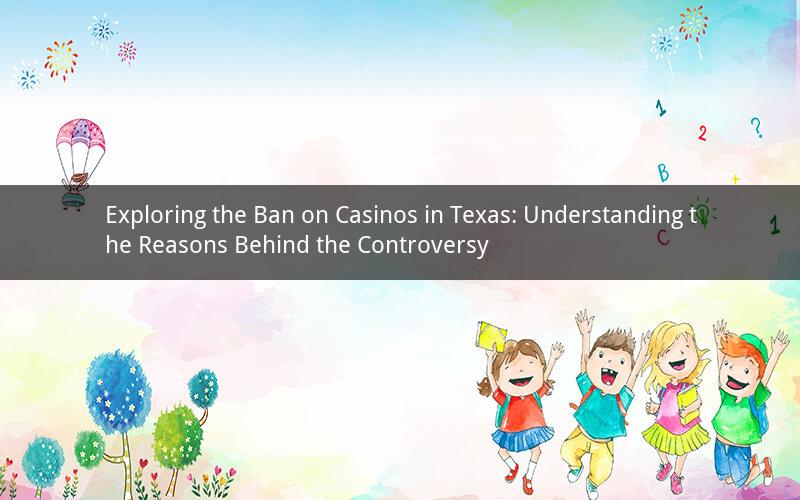
Introduction:
Texas, known for its rich culture, vast landscapes, and a love for all things cowboy, has a peculiar stance when it comes to gambling. While other states in the United States have embraced the gaming industry with enthusiasm, Texas remains steadfast in its ban on casinos. This article delves into the reasons why Texas cannot have casinos, exploring the history, political, social, and economic factors that contribute to this unique situation.
1. Historical and Cultural Factors:
Texas has a long-standing tradition of being fiercely independent and proud of its unique identity. This independent spirit has extended to its approach towards gambling. Throughout its history, Texas has had a complicated relationship with gambling, and the state has implemented strict laws to restrict gambling activities. One of the main reasons behind the ban on casinos in Texas is its historical and cultural beliefs. Texas residents, including politicians and influential figures, have a strong aversion to gambling, viewing it as a vice that can lead to addiction and other negative consequences.
2. The Political Landscape:
Texas has a unique political landscape, with a strong conservative presence in both the state government and the electorate. This conservative stance has played a significant role in the ban on casinos. Politicians in Texas have repeatedly rejected proposals to allow casinos, arguing that gambling can lead to increased crime, social issues, and a breakdown of family values. These concerns have influenced the political climate, making it difficult for any pro-gambling legislation to gain traction.
3. The Social and Economic Concerns:
The potential social and economic impact of casinos has been a major point of contention in Texas. Proponents of casinos argue that they could bring in significant revenue for the state, create jobs, and boost the tourism industry. However, opponents fear that casinos would lead to increased crime, addiction, and other negative social consequences. This debate has created a stalemate, with neither side willing to compromise on the issue.
4. The Gaming Industry's Influence:
The gaming industry has a significant presence in neighboring states, such as Louisiana and Oklahoma, which have thriving casino industries. While Texas has remained steadfast in its ban, the allure of the gaming industry has not gone unnoticed. Many Texans have visited neighboring states to gamble, and the success of casinos in those areas has fueled the debate within Texas. The fear of losing potential revenue and the perception of Texas as a backwards state have further reinforced the ban on casinos.
5. The Texas Lottery:
One might wonder why Texas bans casinos while allowing the Texas Lottery to operate. The Texas Lottery was established in 1992 and has since generated billions of dollars for the state's education system. The lottery's existence can be attributed to the fact that it operates under the guise of promoting education, rather than entertainment. This distinction allows the lottery to sidestep many of the restrictions placed on gambling in Texas.
FAQs:
1. Why can't Texas have casinos while other states allow them?
Texas has a long-standing tradition of being fiercely independent and proud of its unique identity, which includes strict regulations on gambling. Additionally, the political climate, social concerns, and the gaming industry's influence have all contributed to the ban on casinos in Texas.
2. Do Texans ever visit neighboring states to gamble?
Yes, many Texans visit neighboring states, such as Louisiana and Oklahoma, to gamble at casinos. This highlights the demand for casinos within the state, but the ban persists due to various reasons.
3. What impact would casinos have on Texas' crime rates?
Opponents of casinos argue that they could lead to increased crime, including fraud, theft, and illegal activities associated with gambling. However, there is no concrete evidence to suggest that casinos directly lead to higher crime rates.
4. Can the Texas Lottery be considered a form of gambling?
The Texas Lottery can be seen as a form of gambling, but it operates under the guise of promoting education. This distinction allows it to operate without the strict regulations placed on casinos.
5. Is there any chance of Texas repealing the ban on casinos in the future?
It is possible that the ban on casinos could be lifted in the future, but it would require a significant shift in the state's political and social landscape. The ban remains in place for now due to the strong opposition from both the public and the political establishment.